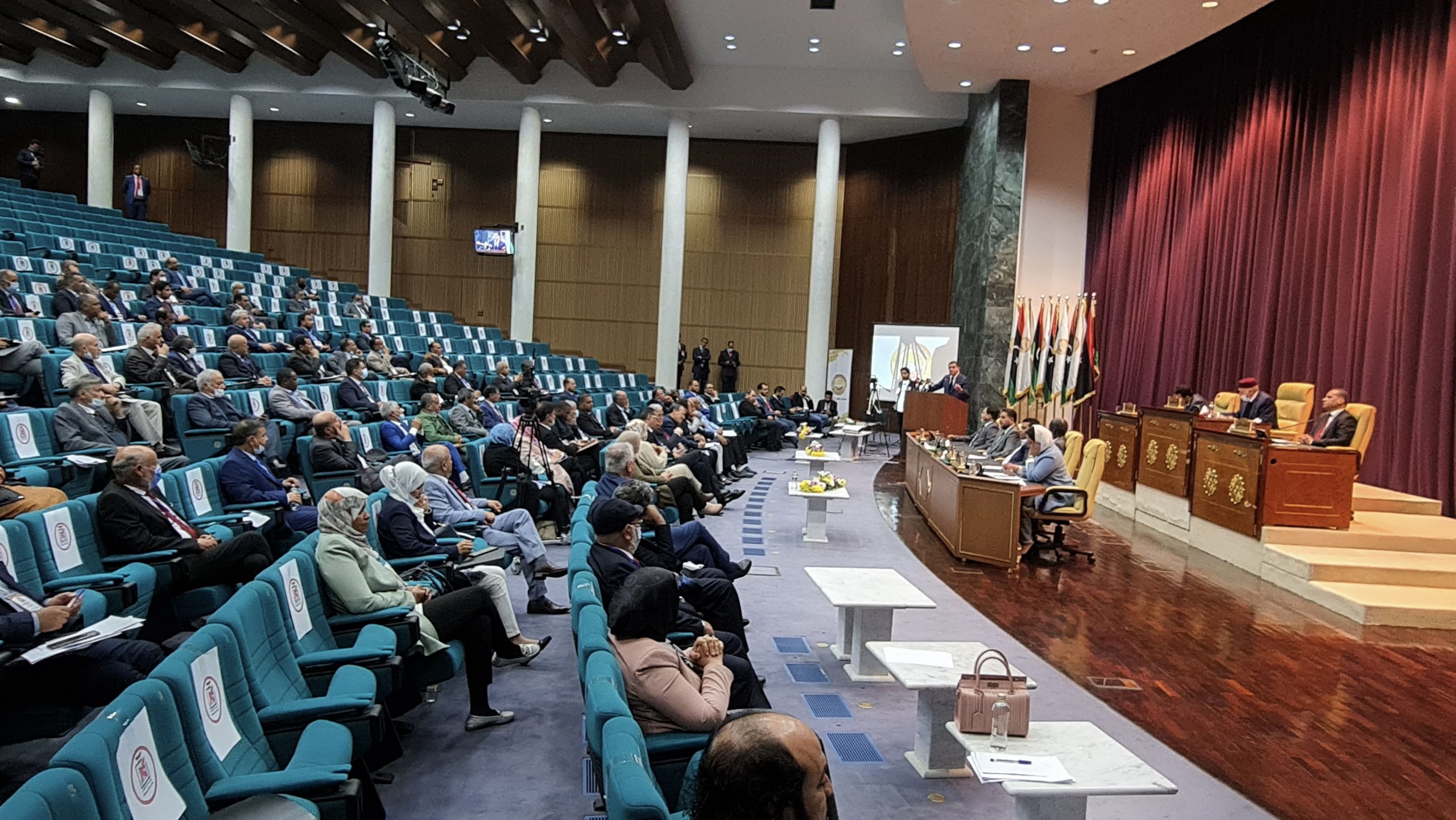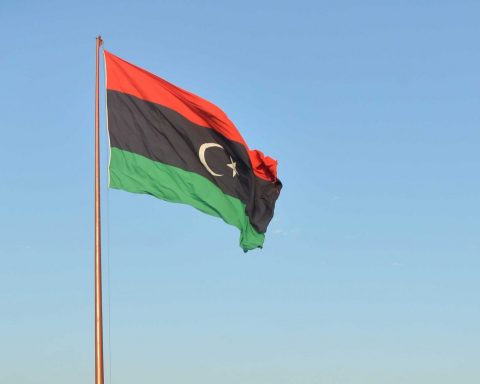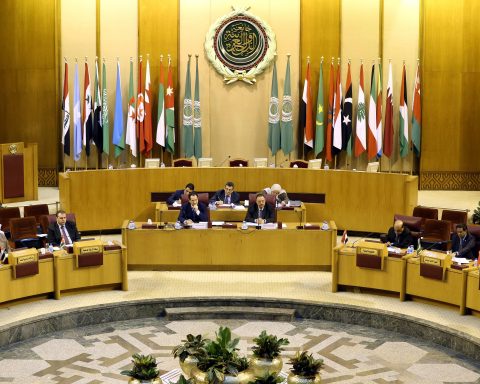The Libyan House of Representatives (HoR) did not pass the electoral law, which was presented to determine the constitutional basis for the elections scheduled for December 24. The law, which has been the subject of debate between the parties for a long time, was related to the criteria of people who would be candidates for the Presidency.
In the current draft law, titles such as dual citizenship and military identity related to the Presidency are seen as obstacles for candidacy. At this point, Khalifa Haftar, the leader of the militia forces in the east, came to the fore. In addition, it is discussed that the candidacy of people tried by the International Criminal Court (ICC) will be automatically dropped. In this sense, the possible candidacy of Saif al-Islam Gaddafi, the son of the ousted leader Muammar Gaddafi, was also a matter of discussion.
In the sessions that lasted for two days, there were also important discussions about the election of the President by direct popular vote. At this point, the first article of the draft presented was the condition of being “Libyan and Muslim” regarding the candidacy. In addition, the discussions between the High Council of State, led by Khaled al-Mishri, and the HoR, led by Aguila Saleh, are also seen as the biggest obstacles to the negotiations.
Within the scope of the road map previously determined by the UN, it was emphasized that the pre-election constitutional infrastructure should be shaped by July 1.














